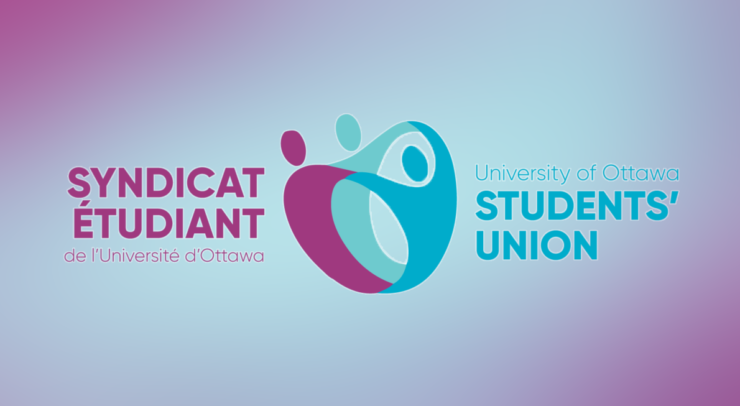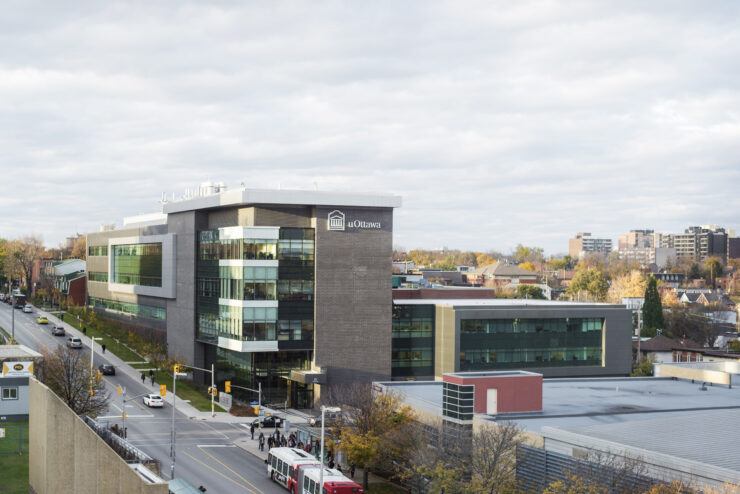Ottawa professor returns to Canada following solitary confinement in France
After a decade-long back and forth with French authorities in an investigation naming him the prime suspect for a terrorist attack in Paris in 1980—despite a lack of evidence—and three years of solitary confinement in French prisons, Hassan Diab was finally released and returned to Canada on Jan. 15 after French judges dismissed the case against him.
The former University of Ottawa and Carleton University professor told reporters at a press conference on Jan. 17 that he’s “glad to be back at home with his family in Canada,” and that he plans on advocating for change in current Canadian extradition laws, “mainly to ensure that you don’t see more Hassan Diabs in the future.”
Diab was extradited from Canada three years ago and describes his time in France as “a series of waiting in cells.”
The conference was held at the Amnesty International office in Ottawa, and was organized by Don Bayne, Diab’s lawyer, Alex Neve, secretary general of Amnesty International Canada, and the Hassan Diab Support Committee.
“It will certainly be important that this Kafkaesque travesty sparks review and reform of Canada’s extradition laws and processes to ensure that no such profound and scouring instance of injustice can occur again,” Neve said, referencing the “weak and unsound nature of the evidence marshalled against Diab.”
Peter Gose, a member of the Hassan Diab Support Committee, described the challenges the committee faced in terms of bail money, legal fees, demonstrations, and judicial hearings.
“All of this was to seek due process that Canada was never able to provide,” Gose said.
He continued that “it’s not enough that Hassan be free now after all that he’s been through. Ten years of being under suspicion, having his career and his reputation destroyed, more than three years in jail without trial and in solitary confinement… these are monstrous injustices that we can’t just say sorry and forget about.”
The committee outlined two requests for the Canadian government now that this ordeal is over, asking for a “thorough parliamentary review of the extradition laws which allowed this to happen in the first place, and a thorough public inquiry into how this could have happened.”
According to Bayne, “Dr. Diab never should have been extradited in the first place.”
Per the current law, extradition can only occur following reliable evidence, which the French judges ruled did not exist, even to justify putting Diab on trial, when releasing him. In addition to this, Bayne pointed out that extradition to a foreign country only happens when that country is ready to try a Canadian, however France never had a case when Diab was extradited.
“France delivered the justice that our courts, through our extradition act and process and the way it’s been interpreted, failed to do,” Bayne said.
For Diab, “justice has finally prevailed.”
He thanked his family, friends, legal team, and support committee for their work that went into freeing him and for “never wavering their belief in (his) innocence.”
“Miracles can happen,” he said.
There are currently no plans to sue the Canadian government, and Diab says that he will redistribute any money he may receive from the French government to those who paid out of pocket for his expenses during the 10-year period. He also said that he will put some of it aside to dedicate to reforming the extradition law.
“My main mission for the time being is to help get rid of the existing lousy extradition law, and as much as possible help victims of miscarriage of justice.”
There is still an appeal on the case pending in France, but Diab and his legal team are hopeful that the government will not go back on the release orders.






